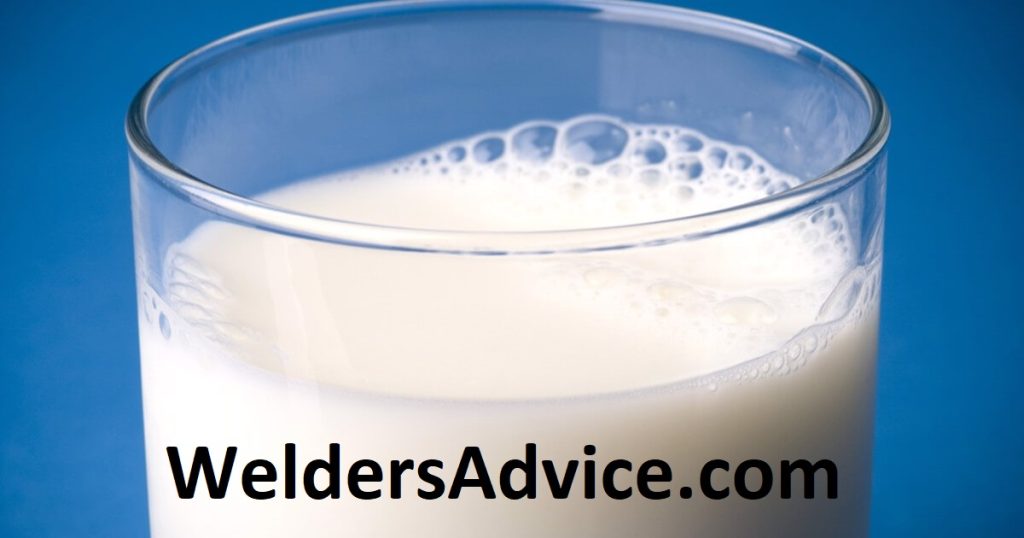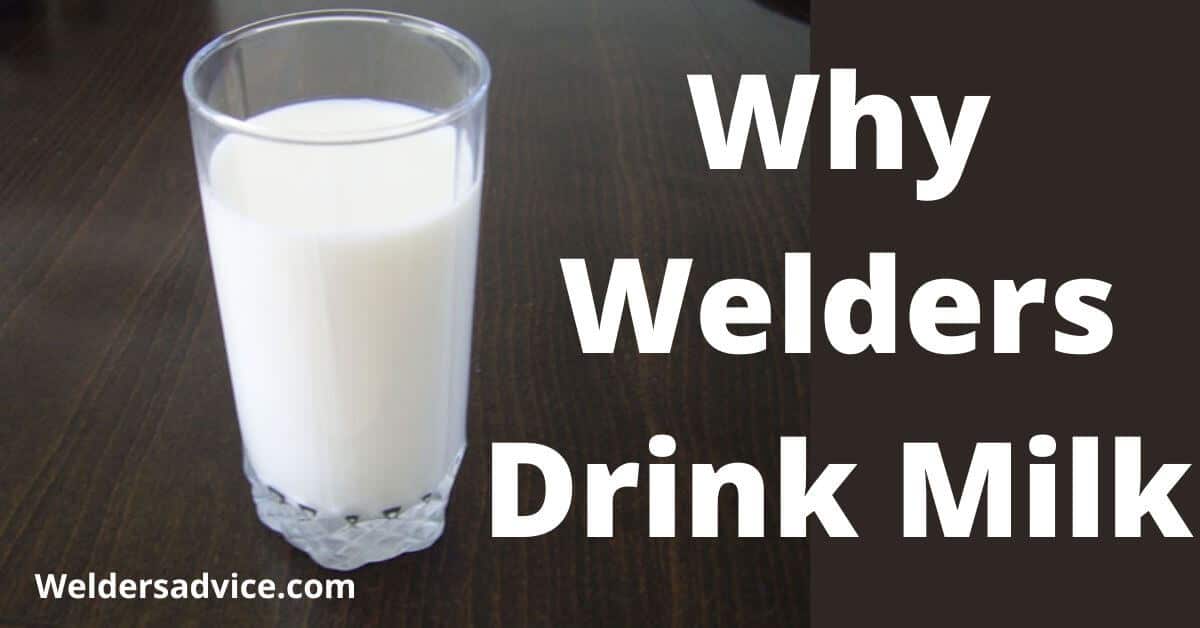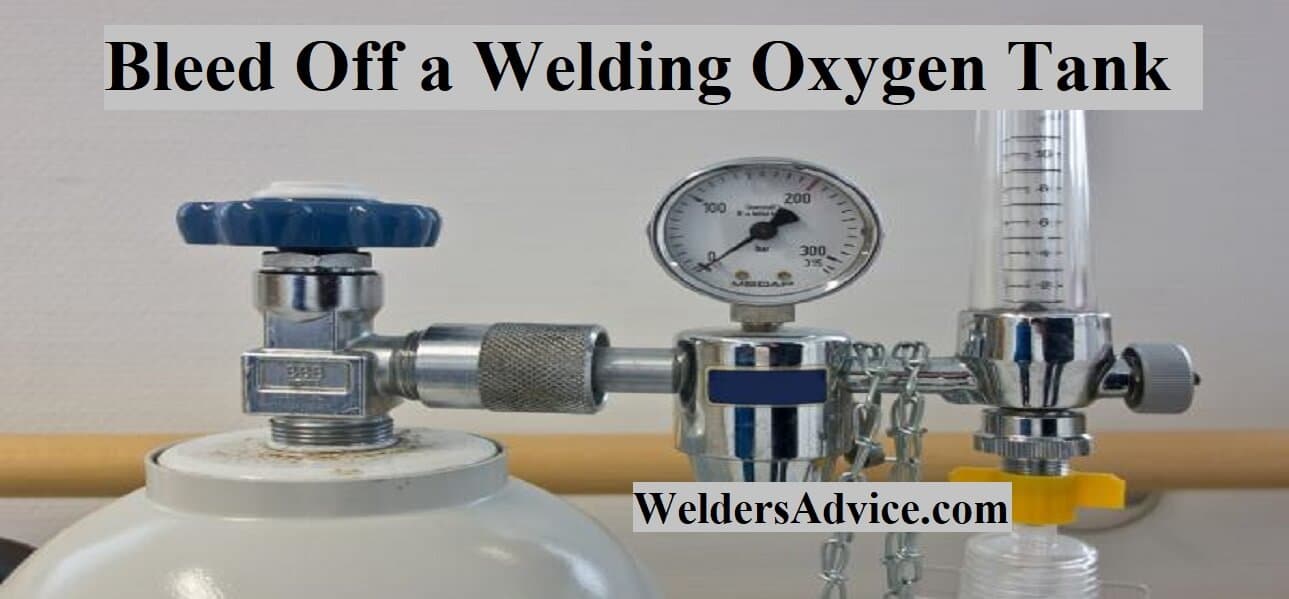Why do welders drink milk? Welding is a dangerous profession that takes a dangerous toll on the body. But there are ways to help reduce the risks and protect your health. It’s no surprise that welders have been at the center of many research studies to help identify methods of reducing the risk of work-related injuries and diseases. Would you like to know why do welders drink milk? Let’s find out why?
What is Metal Fume Fever and Fever Symptoms
Metal fume fever is a flu-like illness that can occur when someone is exposed to metal fumes. The most common symptoms are coughing, chest pain, shortness of breath, and fever. In severe cases, it can lead to pneumonia or even death. Metal fume fever is most commonly caused by exposure to zinc oxide fumes, but it can also be caused by other metals such as copper and iron.
Treatment
The primary treatment for metal fume fever is rest and plenty of fluids. If you have mild symptoms, you may be able to treat yourself at home. Paracetamol can help to relieve fever and muscle aches. If your symptoms are more severe, you may need to go to the hospital for treatment. There is no specific cure for metal fume fever, but the symptoms usually resolve within a week.
Why Do Welders Drink Milk?
Welders drink milk, so why do they do that? When cutting, welding, or brazing, galvanized steel and fumes can cause Metal Fume Fever. Welding galvanized steel can cause their bodies to accumulate toxins, so milk is thought to help them eliminate these toxins. That’s why welders drink milk.

How does welding affect the body?
Welding can be extremely strenuous, and the body will be affected by this. When working, it’s essential to stay hydrated and ensure you’re not overheated or exhausted. Here are some of the ways welding can affect your body.
Dehydration: Welders may become dehydrated because of their intense workloads, which results in sweat loss and increased thirst.
Overheating: A welder’s clothing can become saturated with sweat during long-term periods of use, making them susceptible to heat exhaustion.
Fatigue: When we talk about being tired or weary, we talk about feeling physically drained after work (or exercise).
Does Drinking Milk Protect You From Welding Fume?
Some people believe that drinking milk can help protect them from welding fumes. This claim, however, has no scientific basis. Welding fumes can harm your health, so taking precautions is essential to avoid inhaling them. Wearing a mask and working in a well-ventilated area are two of the best ways to protect yourself from welding fumes.
Metal Fume Fever: How to Protect Yourself
You can do a few things to protect yourself from metal fume fever. First, make sure you’re well-ventilated when working with metal fumes. It is best to work outside or in an area with good ventilation if possible. Second, wear a respirator or mask to help filter out the fumes. And finally, avoid smoking and being around other sources of heat while working with metals, as this can increase the number of stinks you’re exposed to.
The Origin of the Milk-Drinking Welders Myth
Welders are often stereotyped as burly, tough guys who chug milk by the gallon. But where did this milk-drinking habit come from?
The most likely explanation is that milk helps welders stay hydrated. Welding is physically demanding, and working in hot, humid conditions can quickly lead to dehydration. Drinking milk helps replenish lost fluids and electrolytes, keeping welders healthy and on the job.
But milk isn’t just for hydration. The calcium in milk can also help protect welders from ultraviolet (UV) radiation exposure. Welding produces intense UV rays that can damage the skin and eyes. Drinking milk can help reduce the risk of UV-related health problems, such as skin cancer.
So next time you see a welder chugging a glass of milk, don’t be surprised. They’re just doing their part to stay healthy and safe on the job!
Also Read:
Other than milk, what does a welder’s diet consist of?
Now that you know why welders drink milk, it’s time to learn about the rest of their diet. The average welder eats an enormous amount of protein, carbs, fat, and vitamins daily. They also need to get a lot of minerals in their diet.
A typical breakfast for a welder is whole wheat toast with peanut butter smeared on top with a glass of milk. Lunch could be a steak sandwich on rye bread with mayonnaise and tomato sauce on the side, followed by another glass of milk. Dinner is usually roasted chicken breast with steamed vegetables, brown rice, or pasta (without sauce), and drink another glass of milk before heading off to sleep at night!
What should you do if welding affects your eyesight?
Here are a few tips for making sure you don’t hurt your eyes while welding:
Wear protective glasses. It’s essential to keep your eyes protected from the bright light of a welding arc, so use appropriate safety gear (including gloves and helmets) when working with metal. If you still feel like something’s wrong with your vision after wearing these things, it might be time to call an optometrist. Contact lenses or glasses may need to be replaced!
Use eye drops if necessary. Also, if you have been sweating while welding and have gotten some dirt in your eye(s), throw on some goggles and get an eyewash station ready—just in case!
Drink milk before starting any metalwork project (or just every day). Drinking one glass of whole milk every morning can do wonders for how well you see things as a welder—and it also helps protect against cataracts (a common cause of blindness) later on in life!
Final Thoughts on Why Do Welders Drink Milk?
Calcium is an essential mineral for bone health, which is found in milk. Welders must be careful of their UV rays, as too much exposure can lead to eye damage and blindness. We have discussed everything about why do welders drink milk. If you have any questions regarding this. Contact me or ask below.





